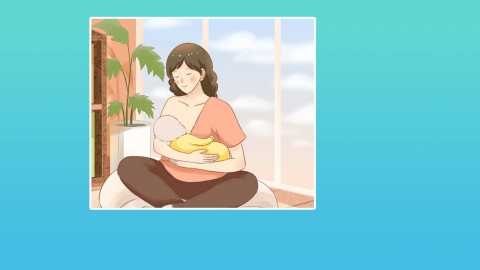Can I eat Pulsatilla chinensis during the postpartum confinement period?
Postpartum confinement, also known as the puerperium, is a period during which the suitability of consuming Pulsatilla chinensis (Baitouweng) depends on the specific constitution and medical condition of the产妇 (postpartum woman). It may be appropriate for those with damp-heat syndrome but is not recommended for those with a deficient-cold constitution or without damp-heat symptoms. If any abnormalities occur, prompt medical consultation is advised. Detailed explanation is as follows:

Pulsatilla chinensis has a bitter taste and cold nature, and functions to clear heat, detoxify, cool the blood, and stop dysentery. It is suitable for conditions caused by excessive internal damp-heat. During the puerperium, if a postpartum woman experiences symptoms of downward infiltration of damp-heat such as lower abdominal distension, foul-smelling lochia, short and dark urine, yellow and greasy tongue coating, and the condition is diagnosed as damp-heat syndrome according to TCM differentiation, Pulsatilla chinensis may be taken in appropriate amounts under a physician's guidance.
Most women in the postpartum period are in a state of deficiency of qi and blood, with a relatively weak constitution, and therefore require nourishing and warming treatments rather than cold-natured medicines. If the产妇 does not display damp-heat symptoms but instead presents with symptoms of deficiency and cold intolerance, such as light-colored and scanty lochia, fatigue, and weakness, consumption of Pulsatilla chinensis is not suitable.
It is recommended that diet during the puerperium should focus on balanced nutrition and easy digestion, avoiding drugs that may irritate the gastrointestinal tract or interfere with recovery.
[References]
[1] Liu Yuxin. "A Study on the Cold and Warm Nature of Pulsatilla chinensis." Henan Traditional Chinese Medicine, 2021, 41(08): 1155-1158.
[2] Xu Like, Deng Ruixue, Feng Yihao, et al. "Study on the Chemical Constituents of Pulsatilla chinensis." China Journal of Chinese Materia Medica, 2022, 47(20): 5550-5555.




